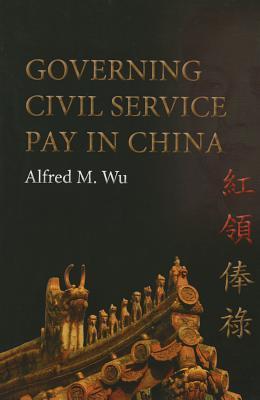
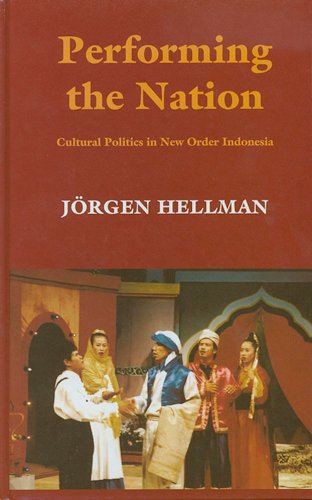
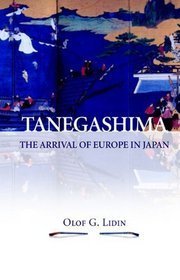
Books in series

Governing Civil Service Pay in China
2014

Performing the Nation
Cultural Politics in New Order Indonesia
2002

Tanegashima
The Arrival of Europe in Japan
2002
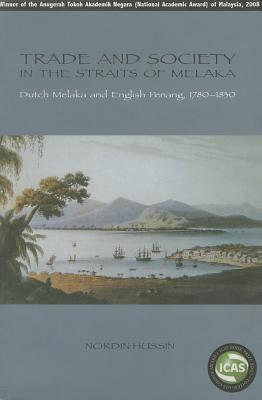
Trade And Society in the Straits of Melaka
Dutch Melaka And English Penang, 1780-1830
2005
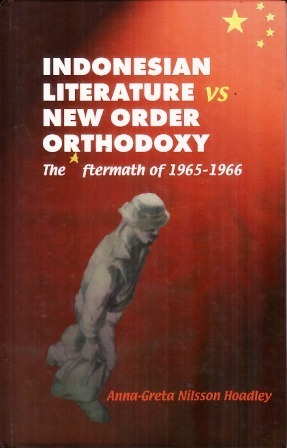
Indonesian Literature vs New Order Orthodoxy
The Aftermath of 1965-1966
2005
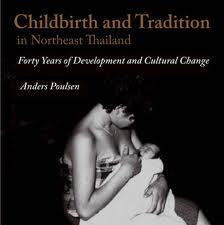
Childbirth and Tradition in Northeast Thailand
Forty Years of Development
2007
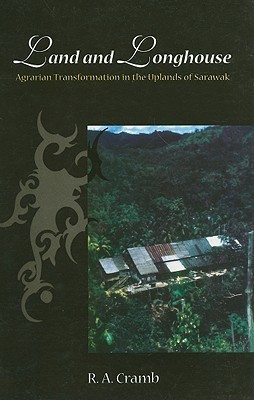
Land and Longhouse
Agrarian Transformation in the Uplands of Sarawak
2007
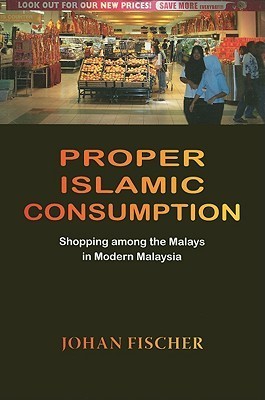
Proper Islamic Consumption
Shopping Among the Malays in Modern Malaysia
2008
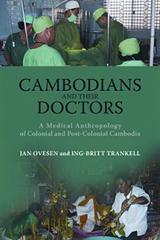
Cambodians and Their Doctors
A Medical Anthropology of Colonial and Post-Colonial Cambodia
2010

Performing the Divine
Mediums, Markets and Modernity in Urban Vietnam
2011
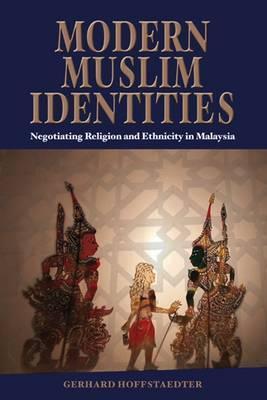
Modern Muslim Identities
Negotiating Religion and Ethnicity in Malaysia
2011
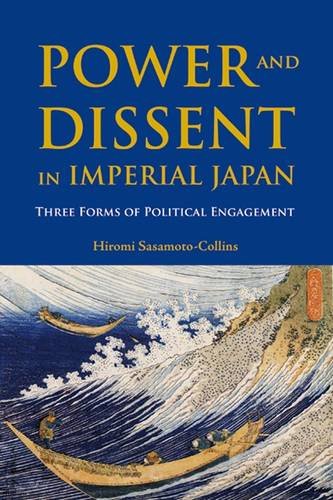
Power and Dissent in Imperial Japan
Three Forms of Political Engagement
2013
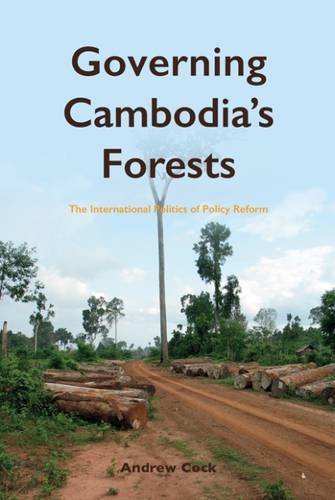
Governing Cambodia’s Forests
The International Politics of Policy Reform
2015
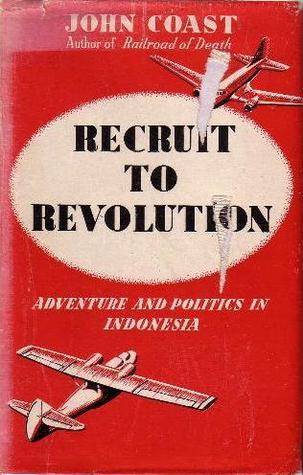
Recruit To Revolution
Adventure And Politics In Indonesia
1952
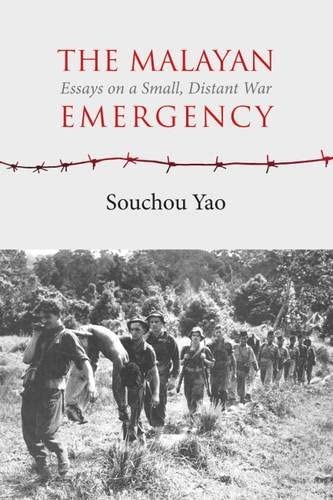
The Malayan Emergency
Essays on a Small, Distant War
2016
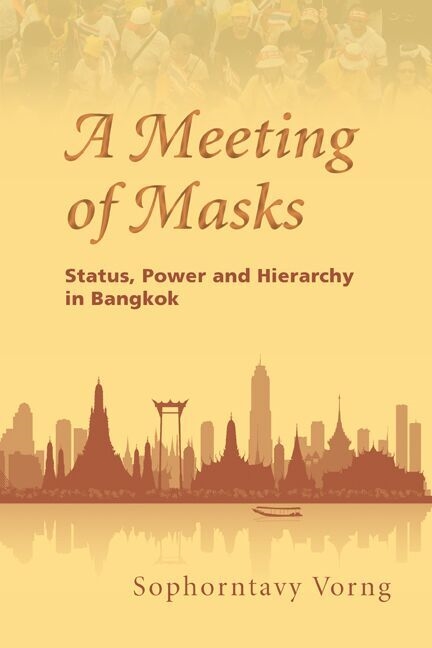
A Meeting of Masks
Status, Power and Hierarchy in Bangkok
1997
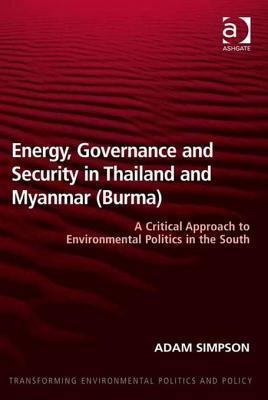
Energy, Governance and Security in Thailand and Myanmar (Burma)
A Critical Approach to Environmental Politics in the South
2013
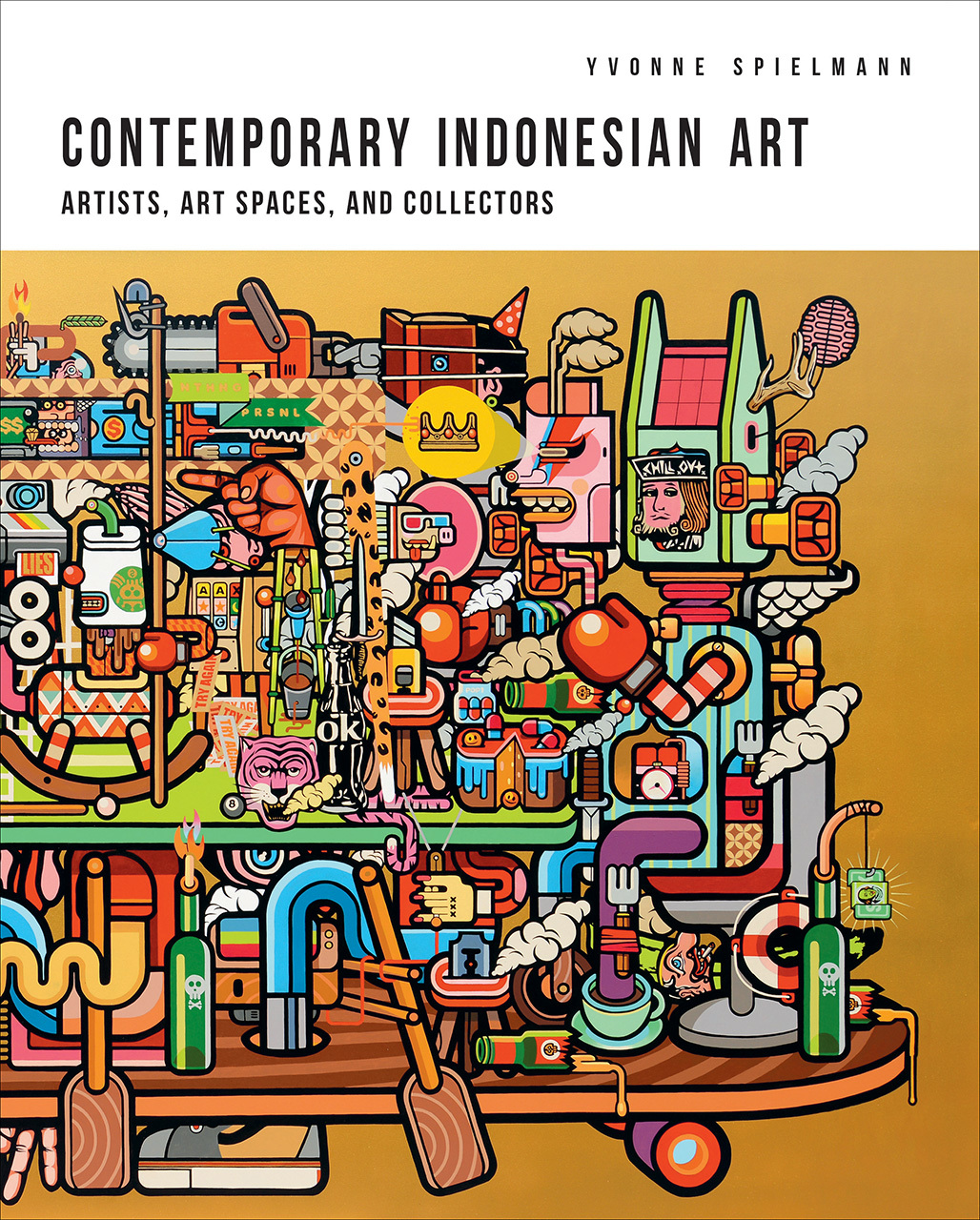
Contemporary Indonesian Art
Artists, Art Spaces, and Collectors
2017
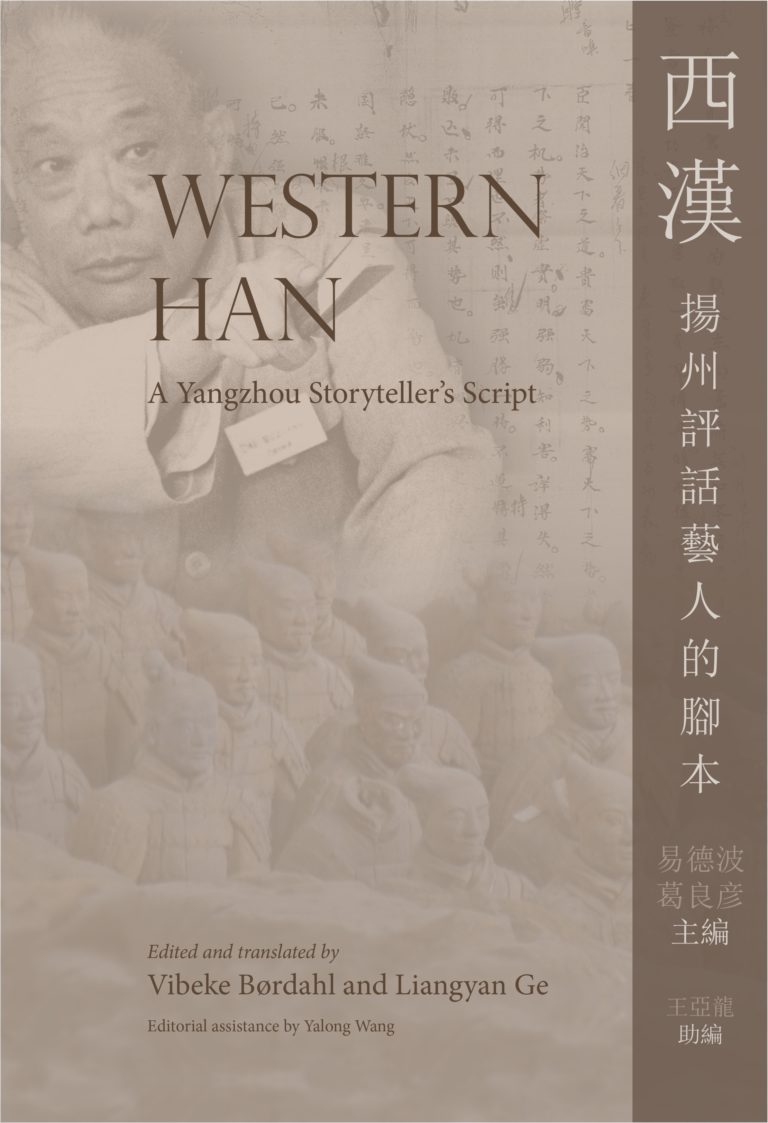
Western Han
A Yangzhou Storyteller’s Script
2017
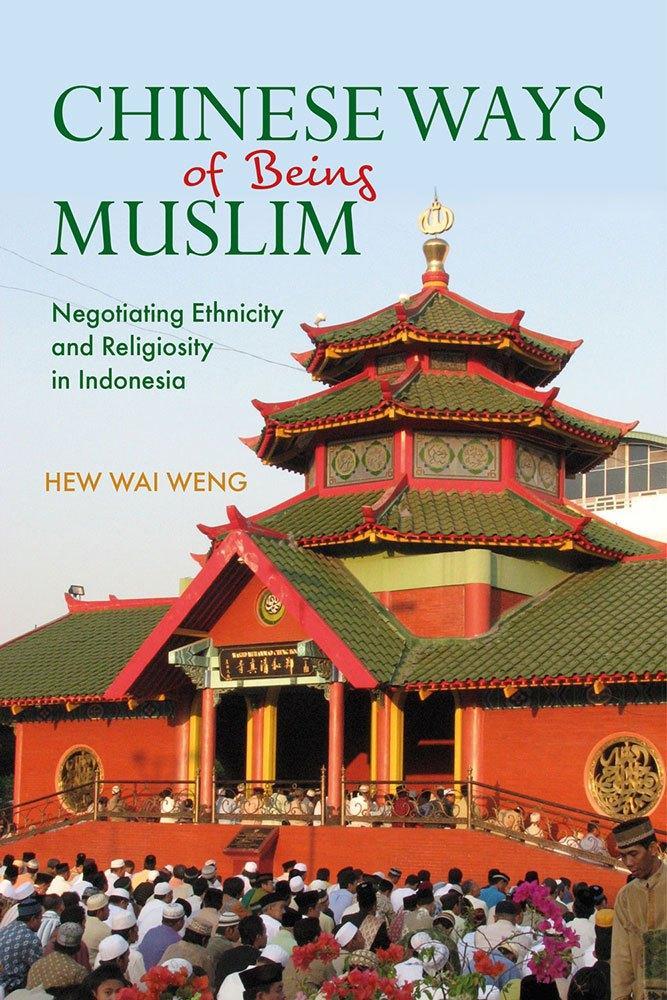
Chinese Ways of Being Muslim
Negotiating Ethnicity and Religiosity in Indonesia
2017
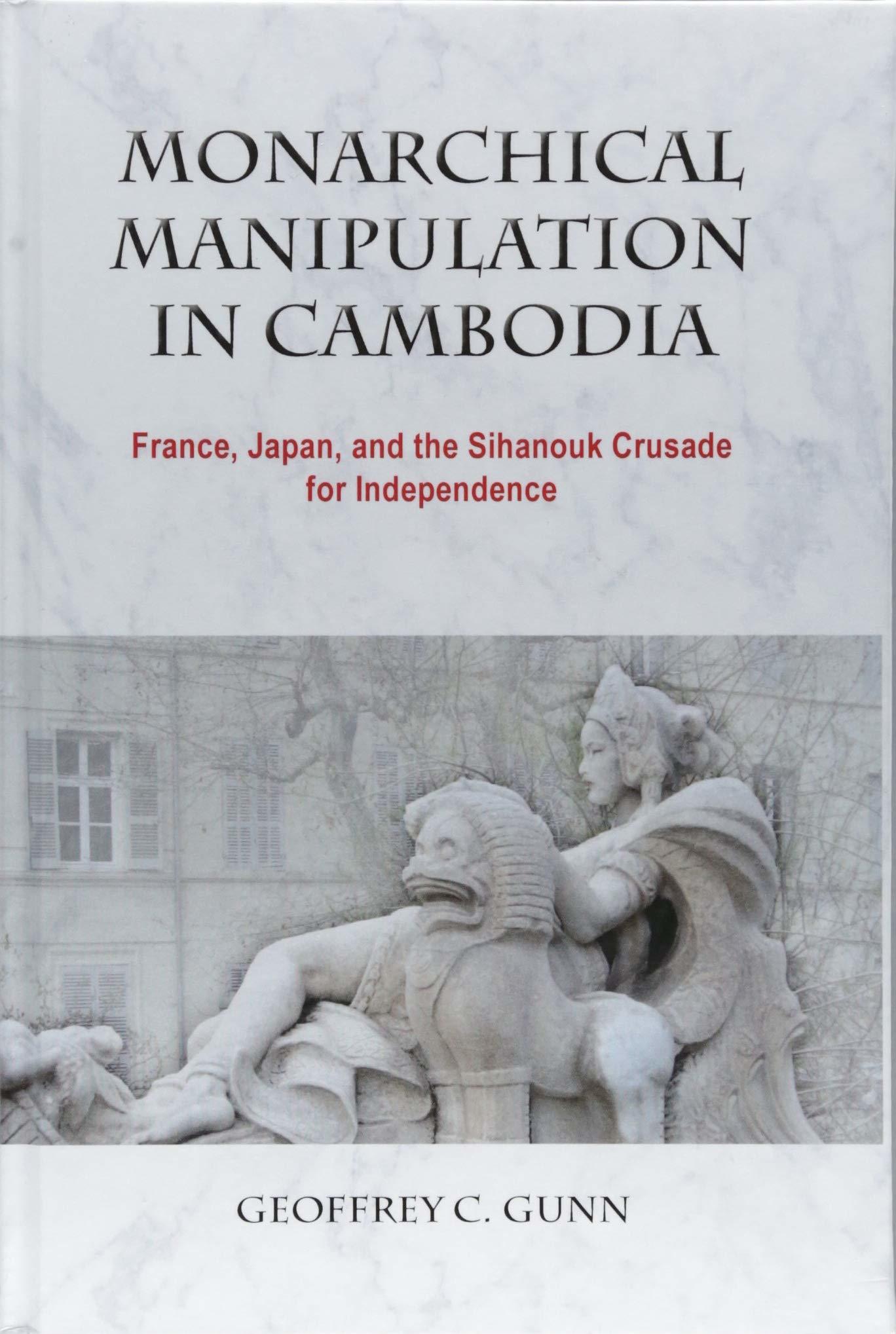
Monarchical Manipulation in Cambodia
France, Japan, and the Sihanouk Crusade for Independence
2018
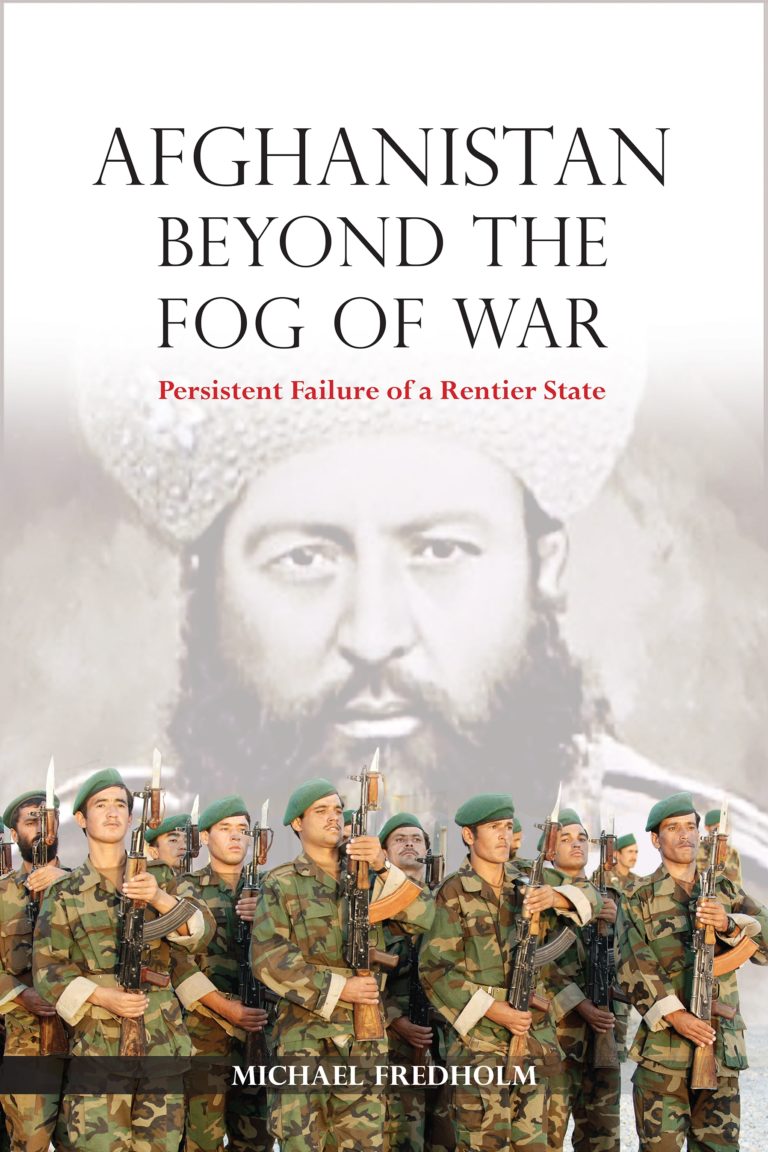
Afghanistan Beyond the Fog of War
Persistent Failure of a Rentier State
2018
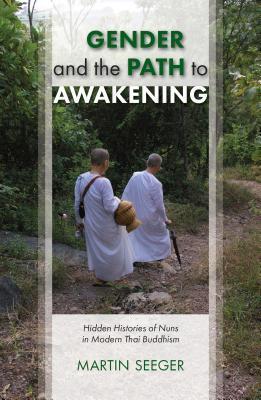
Gender and the Path to Awakening
Hidden Histories of Nuns in Modern Thai Buddhism
2019
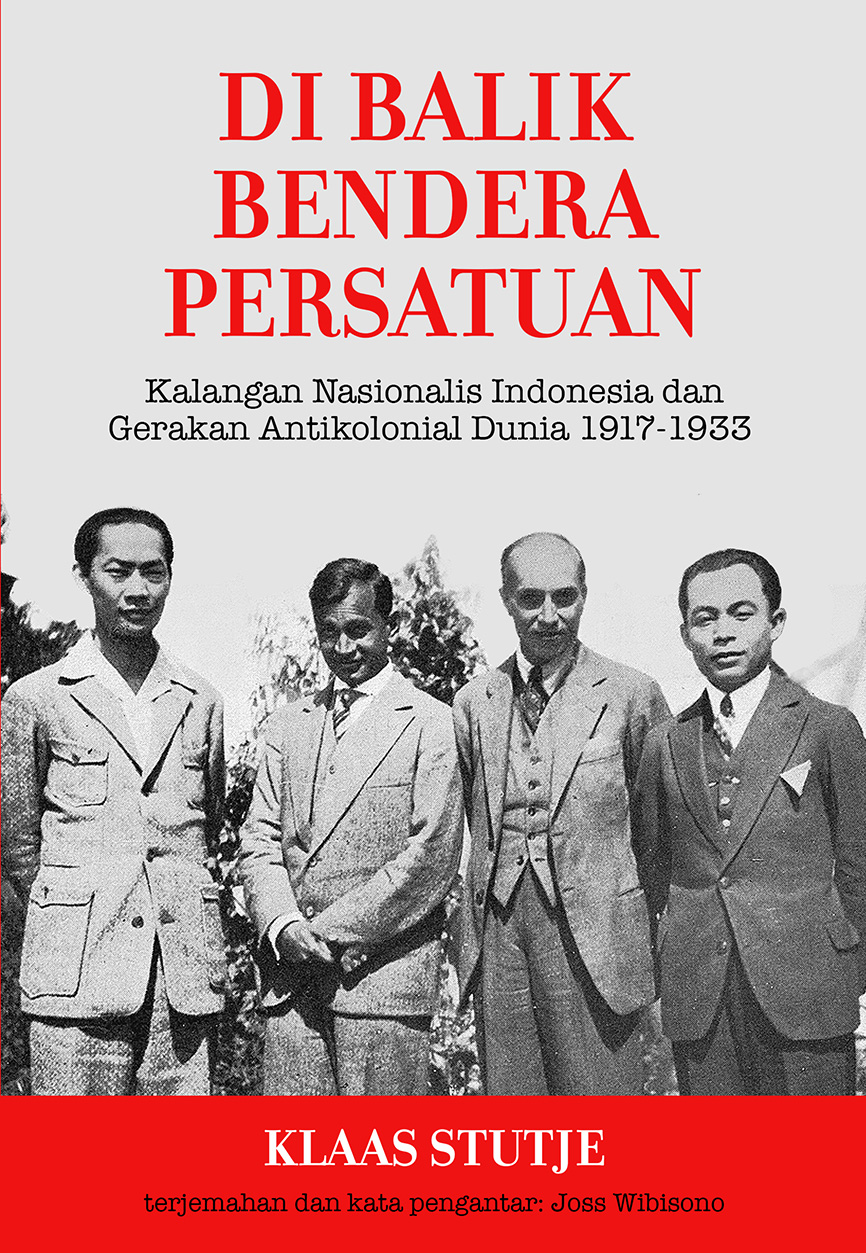
DI BALIK BENDERA PERSATUAN
2019
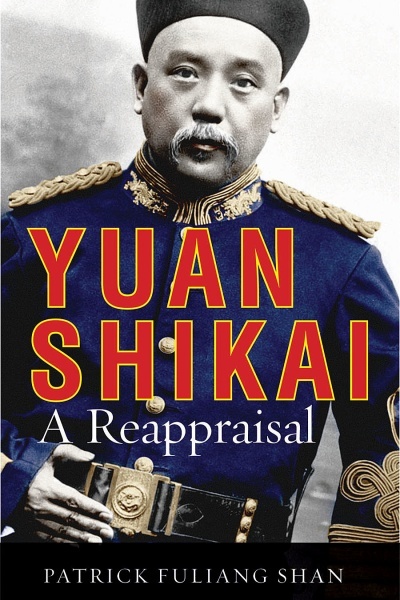
Yuan Shikai
A Reappraisal
2018
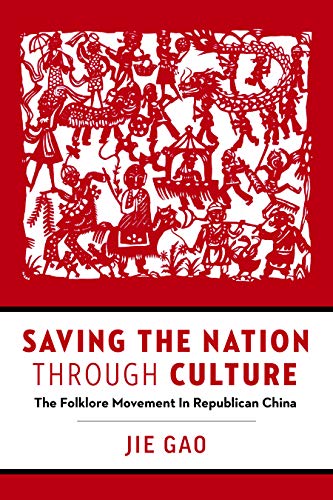
Saving the Nation through Culture
The Folklore Movement in Republican China
2019
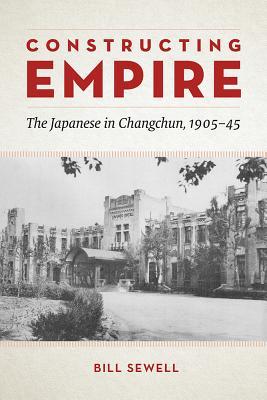
Constructing Empire
The Japanese in Changchun, 1905–45
2019
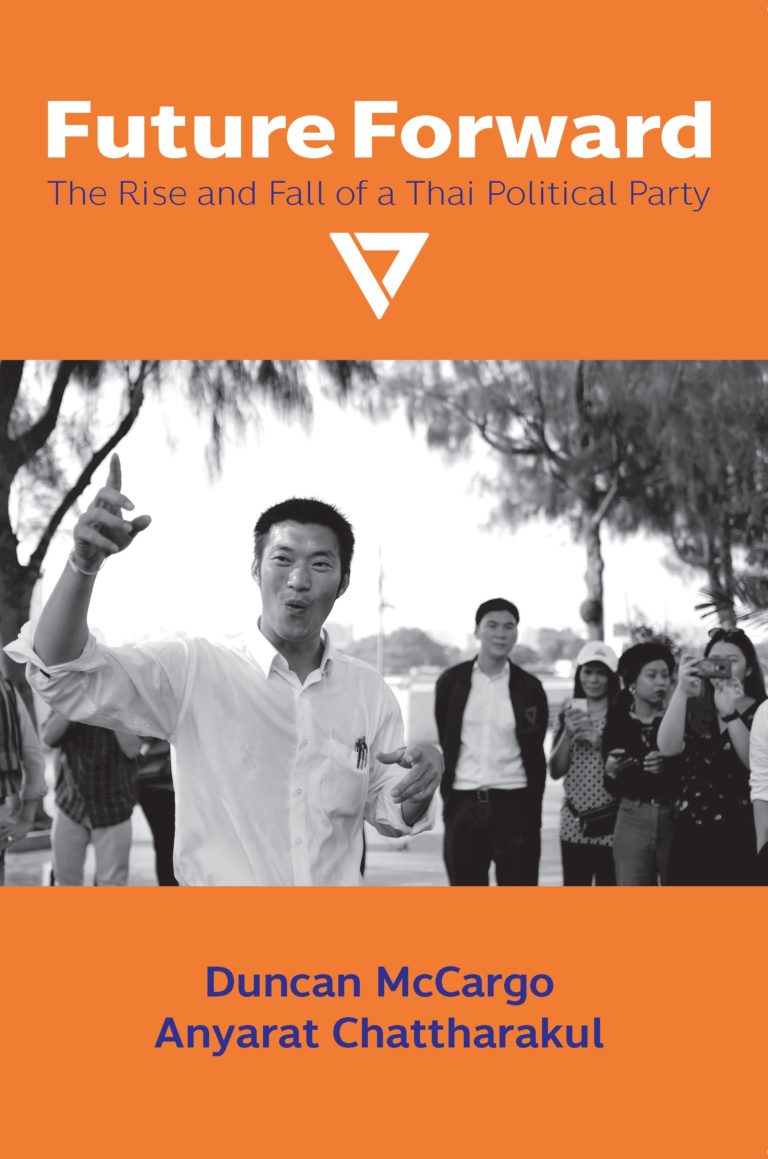
Future Forward
The Rise and Fall of a Thai Political Party
2020
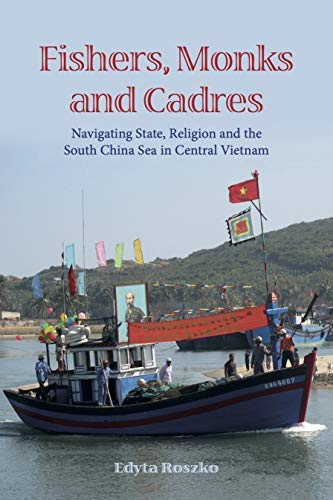
Fishers, Monks and Cadres
Navigating State, Religion and the South China Sea in Central Vietnam
2020
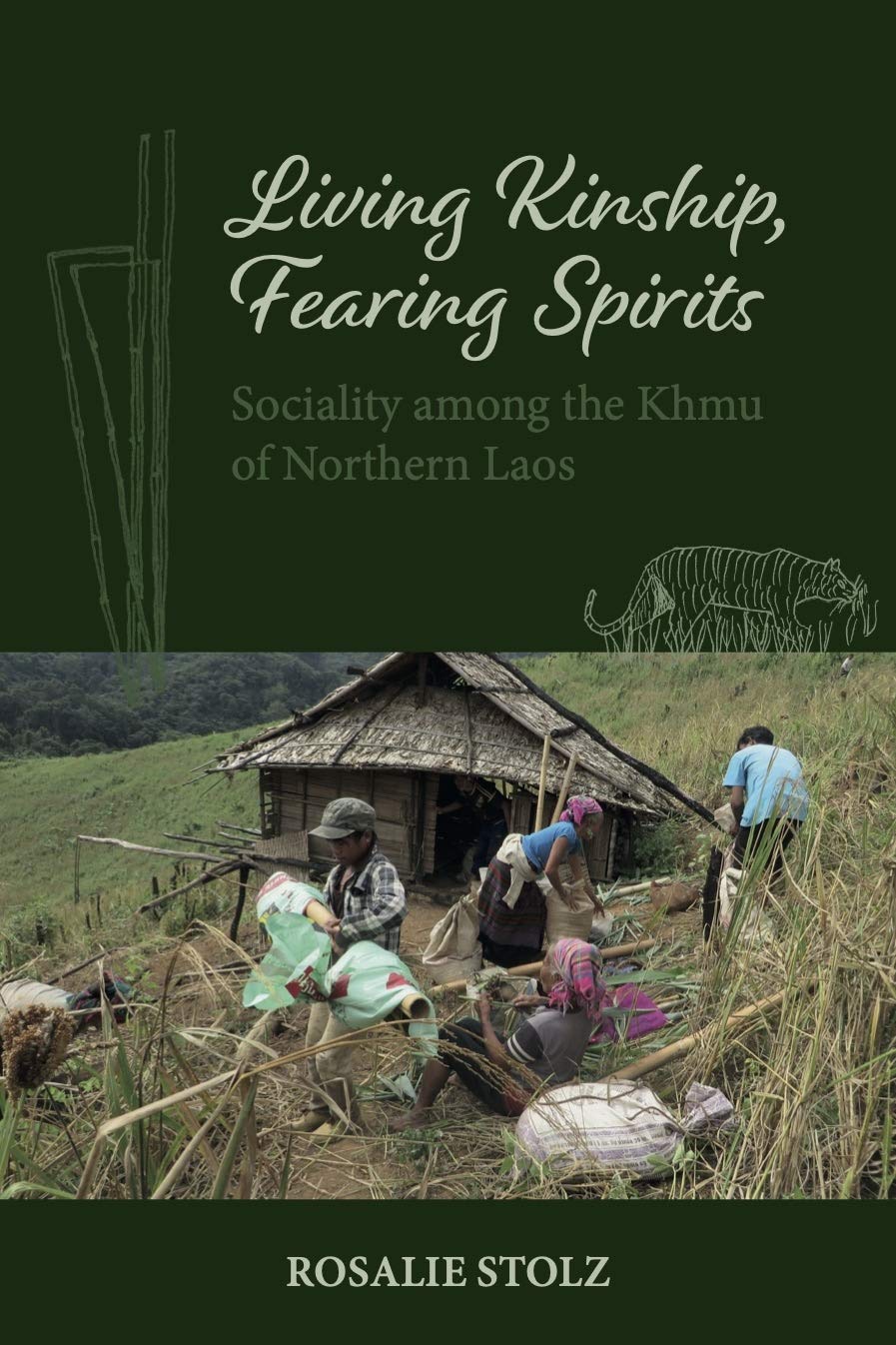
Living Kinship, Fearing Spirits
Sociality among the Khmu of Northern Laos
2021
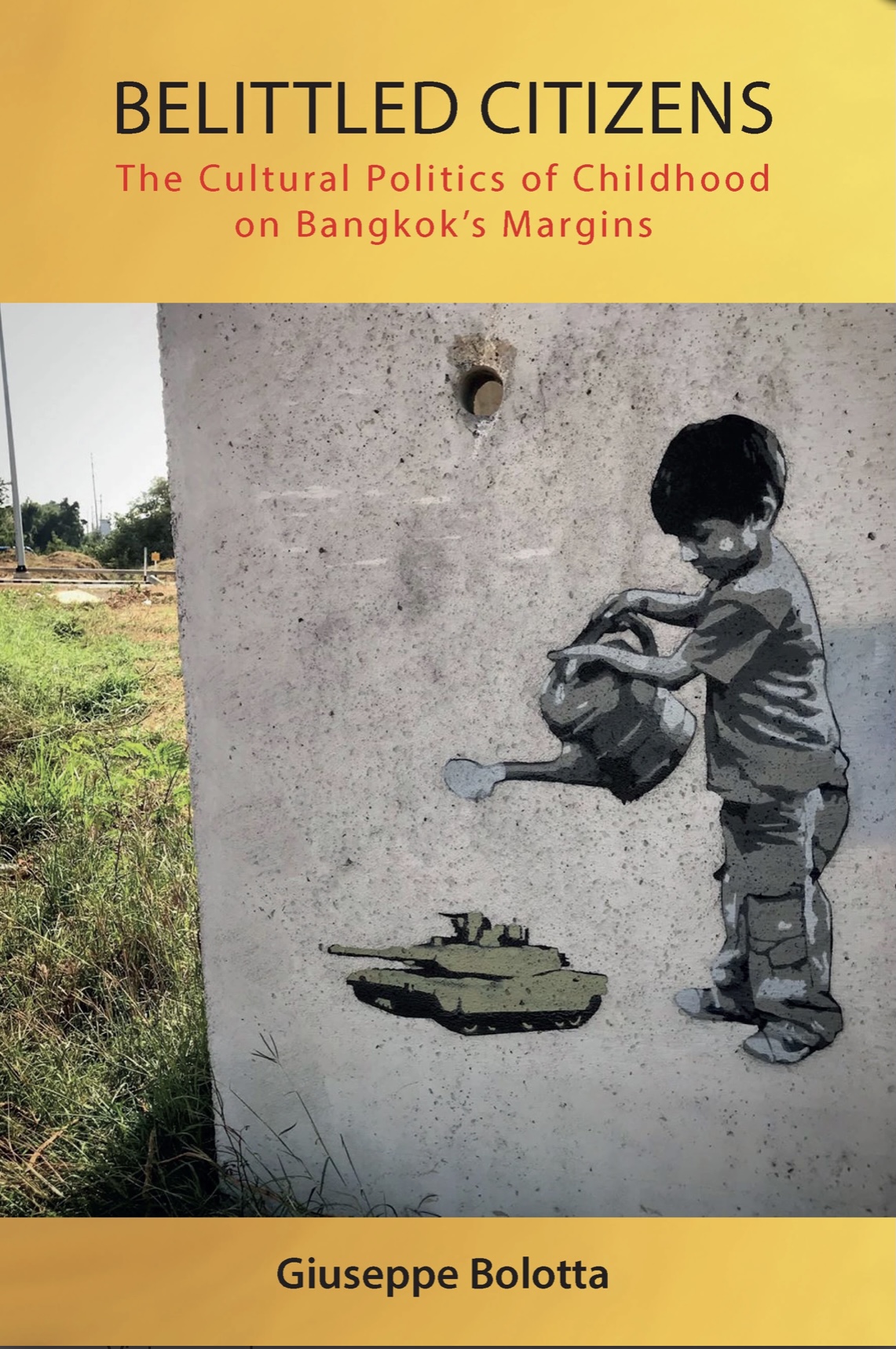
Belittled Citizens
2021
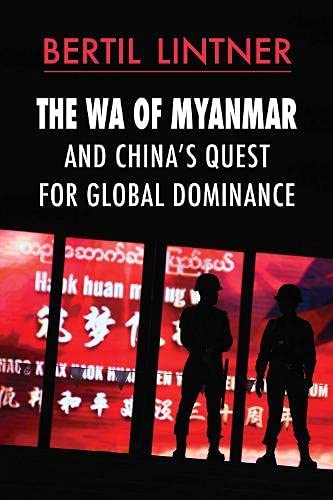
The Wa of Myanmar and China's Quest for Global Dominance
2021
Authors
